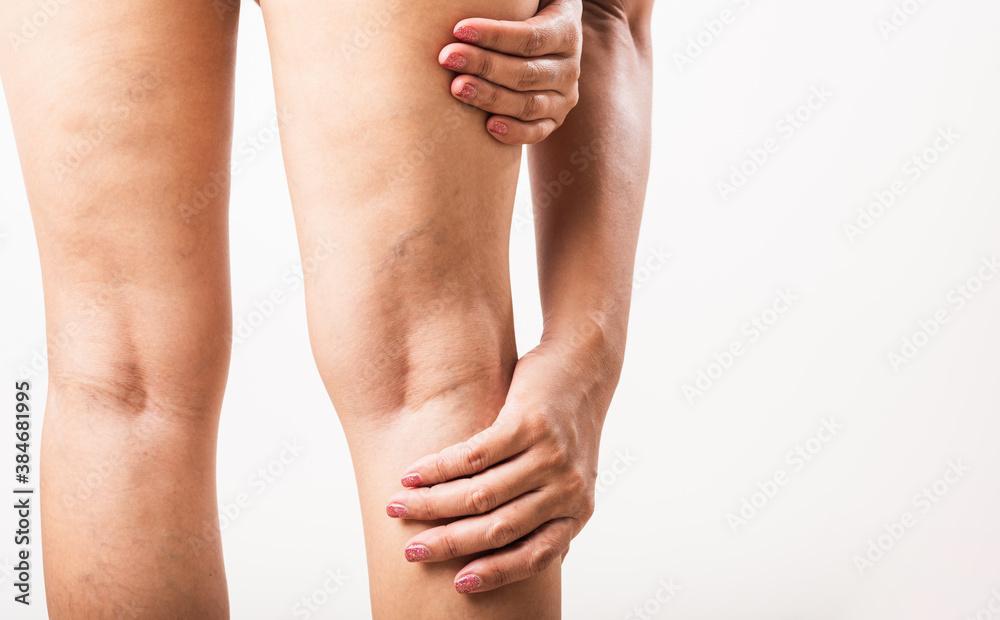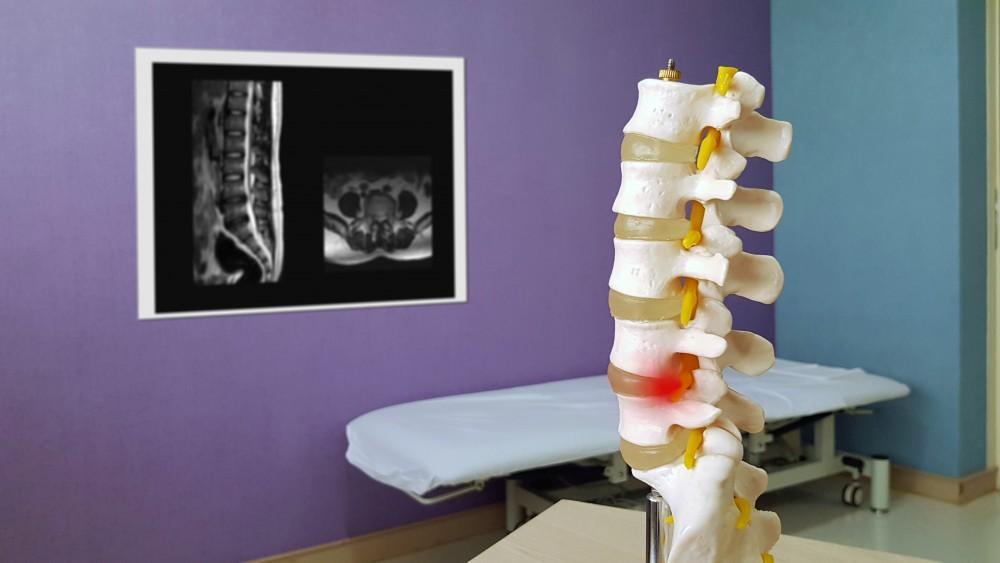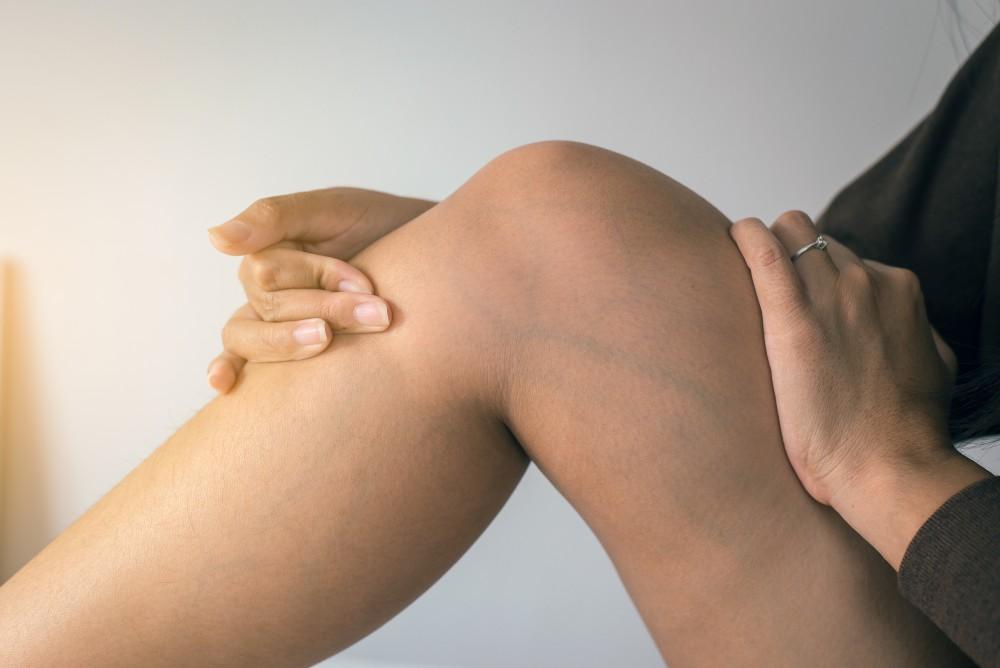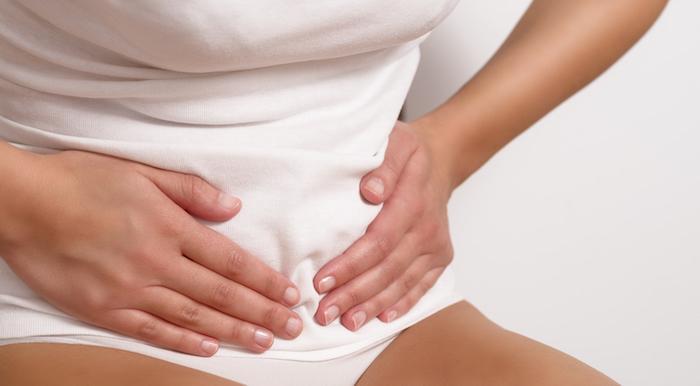
Signs You Might Have a Fibroid

Did you know that about 35 million American women have uterine fibroids? These benign (noncancerous) tumors range in size from the size of a seed to the size of a grapefruit, and they’re more common in women over 35.
While many women know pelvic pain may be a sign of fibroids, not all uterine fibroids cause this symptom. In fact, some women don’t have any symptoms, while for others, symptoms vary depending on the location and nature of the fibroids.
At Alate Health in Houston, Texas, board-certified radiologist Dr. Andrew Doe diagnoses and treats fibroids using minimally invasive uterine fibroid embolization, a 45-minute procedure that shrinks your tumors and alleviates uncomfortable symptoms.
Keep reading to learn the signs that you may have a fibroid and what you can do if you suspect you have one of these benign tumors.
Signs you may have a fibroid
Fibroid symptoms vary depending on the number of fibroids you have as well as their size and position. Pelvic pain is one of the most common symptoms of fibroids, but other signs of fibroids include:
- Heavy bleeding, especially with clots (during and between periods)
- Periods lasting more than a week
- Severe or increasing menstrual cramping
- Lower back pain
- Frequent need to urinate
- Difficulty emptying your bladder
- Pressure in the lower abdomen
- Swelling in the abdomen
- Painful sexual intercourse
Uterine fibroids can also cause constipation and other digestive issues when they put pressure on your intestines.
Diagnosing fibroids
Your Alate Health provider reviews your medical history, paying special attention to your current symptoms. You can expect a pelvic exam to check the size, condition, and shape of your uterus and to check for abnormalities.
Imaging technology helps your provider examine your uterus and locate any fibroids. Your team member discusses your options and creates a customized treatment plan to meet your specific needs.
Treating fibroids
Fibroids need blood to continue to grow. During nonsurgical uterine fibroid embolization, your provider places a tiny catheter into the vessels that supply blood to the fibroid. Small particles are placed to block blood flow, cutting off the fibroid’s blood supply and causing the fibroid to shrink.
Uterine fibroid embolization is considered one of the safest and most effective methods for treating uterine fibroids. The procedure takes about 90 minutes or less and is completed at Alate Health’s outpatient facility.
Contact the team at Alate Health in Houston to learn more about fibroids and the treatment options available! Schedule an appointment by calling 713-893-0650 or request a consultation online now!
You Might Also Enjoy...


I'm Nervous About My Upcoming VenaSealTM Procedure

Telehealth: The Advantages of Telemedicine

What Caused My Spinal Stenosis?

I'm Embarrassed About My Varicose Veins


